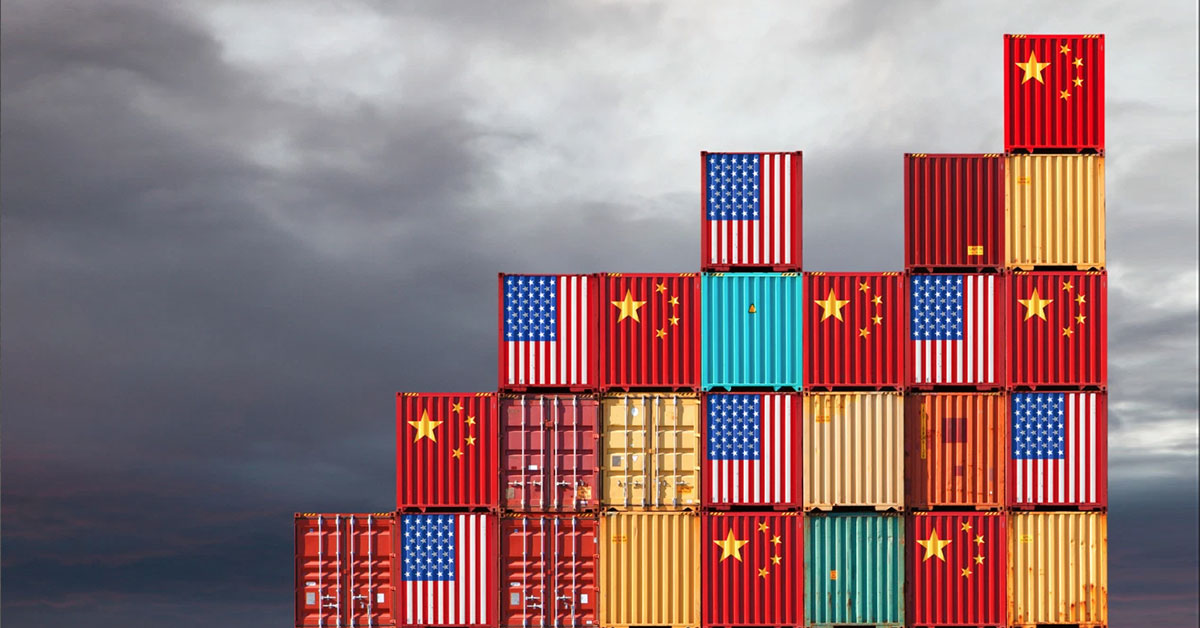Tariff escalation affects US-based Amazon sellers more than their competitors in China
The series of tariffs imposed by the United States on Chinese goods has impacted both US and China-based Amazon vendors, but US sellers are taking a bigger hit to their sales.
The gap has widened since the round of tariffs on Chinese goods announced in the summer of 2018 by the Trump administration, according to data from cross-border e-commerce analytics company SellerMotor.
According to SellerMotor’s data, US-based Amazon sellers have seen their year-over-year monthly sales decrease every month since November 2018. By March 2019, when a 25% tariff was placed on $250 billion in Chinese goods, Chinese vendors’ year-over-year sales grew by 61%, but U.S. sellers saw their sales decrease by 3%.
While many US-based Amazon sellers also get their supplies from China, Chinese sellers have better control over their supply chain and closer relationships with their suppliers (in some cases, even equity partnerships), allowing them more flexibility, SellerMotor COO Sibao Chen tells TechCrunch.
Chen adds that the way many Chinese e-commerce sellers organize their operations may also give them an edge over U.S. sellers.
“If there is an electronics company selling iPhone charging cables and also headsets, each of these product groups would probably have two to five people running the thing, like a mini-company, and they are organized, incentivized and almost completely independent within their group and given a lot of autonomy,” Chen says. “This is a very common form of organization within the Chinese retail and e-commerce industry and this is something we believe could have given them an edge in terms of the speed that they react to external impacts such as the tariffs.”
More Amazon news

Inflation spreads to e-commerce
A recent report by Adobe shows that e-commerce is experiencing many of the same pricing pressures in the broader economy due to supply chain problems, higher shipping and labor costs. Online prices rose 1.9% in October from a year earlier and 0.9% from the previous...

Amazon will increase FBA fees in January 2022
Amazon hits sellers with fee increases in 2022 Amazon has announced its plans to increase FBA fees starting from January 18, 2022. The company justified the fee increases by claiming that it had doubled its US fulfillment capacity since the start of the pandemic,...

Nearly half of product searches start on Amazon and Ebay
Brand loyalty becomes less important to consumers Marketplaces are now a starting point in 44 percent of all product searches. This is more than twice the number of searches in search engines. In 44% of all product research, marketplaces like Amazon and eBay are the...


